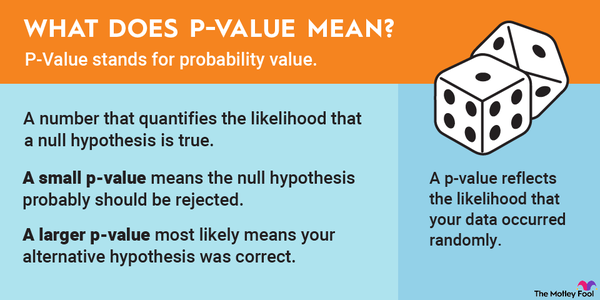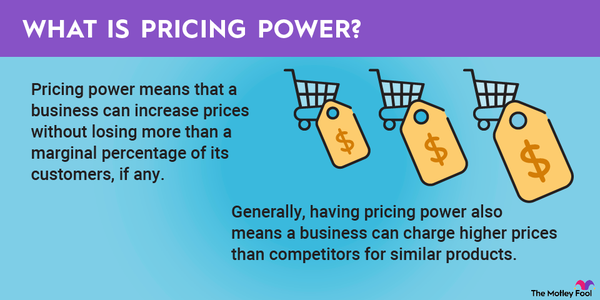A public benefit corporation (PBC), also known as a benefit corporation or B Corp, is a for-profit entity that aims to produce social and environmental benefits in addition to profits. They are structured to prioritize both profit and public benefit, often focusing on issues like environmental sustainability, social equity, or the advancement of technology for the public good.

PBCs are legally mandated to prioritize social good alongside their profit goals. The public benefit focus can attract investors who are interested in social and environmental impact. These corporations can build a strong brand image by demonstrating their commitment to social and environmental responsibility.
Definition
What is a public benefit corporation?
A public benefit corporation is a for-profit company that is legally obligated to consider the public good in its decision-making, along with its profit-making goals. Unlike traditional C-corporations, a PBC has a charter that outlines a specific public benefit it's committed to, such as improving the environment or promoting good health. It also needs to consider the interests of those materially affected by its actions, including employees, customers, and the environment.
These for-profit entities are not to be confused with nonprofit organizations. Public benefit corporations and nonprofits both aim to benefit the public, but they differ in legal structure, ownership, and the ability to distribute profits. Public benefit corporations are for-profit entities with a social mission, while nonprofits are not-for-profit organizations with a charitable purpose.
How do they work?
How do public benefit corporations work?
PBCs differ from traditional corporations by legally requiring them to balance profit with a specific public benefit. Unlike traditional for-profit corporations that prioritize shareholder wealth, PBCs are also obligated to consider the impact of their actions on stakeholders like employees, the community, and the environment. This difference is reflected in their legal structure, governance, and reporting requirements.
PBCs must clearly define their specific public benefit in their articles of incorporation. This could be anything from environmental sustainability to social equity or community development. This public benefit purpose must be a legally binding part of the corporation's charter, ensuring that the company's activities are aligned with its stated mission.
Public benefit corporations are expected to operate in a responsible and sustainable manner, taking into account the impact of their actions on the wider world. In a PBC, shareholder value is still a factor, but it's not the sole focus. PBCs balance shareholder interests with a broader set of stakeholder interests and the pursuit of a specific public benefit. This means that while profits and shareholder returns are considered, decisions must also consider the impact on employees, customers, the community, and the environment.
PBCs are required to issue periodic reports on their progress in achieving their stated public benefit. This helps to ensure accountability and transparency, demonstrating that the company is actually living up to its mission. These corporations are governed by the laws of the state in which they are incorporated. Directors and officers of a PBC have the same authority as those of a traditional corporation, but they are required to consider the impact of their decisions on all stakeholders, not just shareholders.
Why do companies make the transition?
Why do companies transition to a public benefit corporation?
Transitioning to a public benefit corporation can offer numerous advantages for businesses seeking to balance profit with purpose. PBCs are legally obligated to consider their stated public benefit alongside profits. This protects directors and officers from shareholder lawsuits that might arise if decisions prioritize social or environmental goals over immediate profit maximization.
The PBC structure helps ensure a company's mission and values are maintained even through changes in leadership or ownership, as the commitment to public benefit is embedded in its legal framework. PBCs can attract and retain customers who value businesses that prioritize social or environmental responsibility, potentially leading to increased brand loyalty and sales.
The focus on purpose beyond profit can make a company more attractive to prospective employees, particularly younger generations who are increasingly seeking meaningful work. PBCs can also appeal to investors who are interested in companies with a positive social or environmental impact, opening up access to impact investing and socially responsible investment funds.
The public benefit corporation structure allows companies to make decisions that consider the interests of all stakeholders (employees, customers, communities, and the environment) rather than solely focusing on short-term shareholder gains. By incorporating social and environmental goals, PBCs can build more sustainable and resilient businesses that are better positioned for long-term success, which can also lead to enhanced shareholder value.
Related investing topics
The bottom line
Public benefit corporations offer a unique structure that allows companies to pursue both financial success and a specific public benefit, such as environmental protection or social equity. By explicitly stating a public benefit purpose, PBCs demonstrate a commitment to social responsibility. Additionally, the transparency and accountability associated with these kinds of corporations can attract socially conscious investors and customers who seek companies aligned with their values.
Companies with a clear social mission can attract and retain talent, especially younger generations who value purpose-driven work. The PBC structure encourages companies to think about long-term goals and pursue innovative solutions that benefit both the environment and society. Public benefit corporations can make decisions that benefit the public even if they might not have immediate financial gains, providing greater flexibility in pursuing goals while creating value for shareholders and the community.


































































































